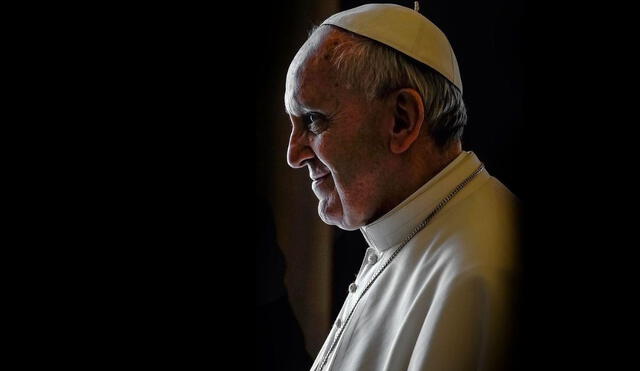Pope Francis dies at 88. He was the first Latin American pontiff to lead the Catholic Church
Pope Francis, the first Latin American pontiff, passed away on Monday, April 21, at the Vatican after weeks of struggling with severe pneumonia. World leaders and millions of faithful around the globe have expressed their condolences following his death.

Pope Francis passed away on Monday at 7:35 a.m. (local time) in Rome at the age of 88, due to complications from severe pneumonia. Despite partial recovery following his hospitalization in March, his health had been severely impacted by respiratory infections in recent weeks. As the first Latin American pope, his papacy was defined by his focus on helping the vulnerable and his efforts for Church reforms. World leaders and thousands of faithful in Rome are mourning his death.
Pope Francis was elected pontiff in 2013 following the surprise resignation of Benedict XVI. During his papacy, he stood out for his progressive approach, promoting a message of peace, inclusion, and environmental stewardship. Throughout his life, he fought for the rights of the poorest and most oppressed, and championed causes such as welcoming refugees, peace in global conflicts, and social justice. His legacy will be remembered for his firm stance on internal challenges within the Catholic Church and his pursuit of reforms in the Vatican Curia.
The fight against illness and his last public appearance
Pope Francis suffered from respiratory complications during the final months of his life. Pneumonia, which struck him several times, was one of the main reasons for his hospitalization at Rome's Gemelli Hospital, where he remained for over a month. Despite his delicate health, the pope made his last public appearance on Easter Sunday, emerging in a wheelchair from St. Peter's Square to bless the faithful. His greeting from the balcony was his final message of hope and peace, amid the celebrations of the Resurrection.
That day, his voice already weakening, the pope gave a brief but meaningful speech, urging humanity to renew its hope in peace and overcome differences. A priest in attendance read his traditional Easter message, in which he stressed the importance of forgiveness and solidarity, recalling that "there can be no peace without religious freedom, freedom of thought, freedom of expression, and respect for the opinions of others."
International Condolences and Tributes
The news of his death has sparked a wave of tributes and condolences from around the world. Political, religious, and citizen leaders from different countries have expressed their grief at the passing of one of the most influential pontiffs in recent history. In Argentina, his homeland, President Javier Milei was one of the first to share a message of condolence, highlighting the pope's kindness and wisdom. "It is with profound sorrow that I learn of this sad news," Milei wrote on his X account (formerly Twitter).
Other international leaders, such as French President Emmanuel Macron and Spanish Prime Minister Pedro Sánchez, also paid tribute to Francis, recalling his legacy of humility, peace, and social justice. In addition, King Charles III of the United Kingdom expressed his condolences, highlighting the pope's tireless commitment to common causes and his impact on the lives of millions of people around the world.













